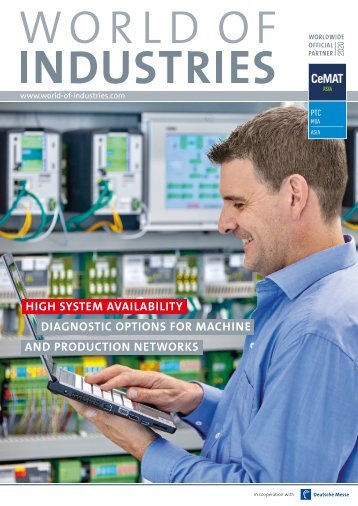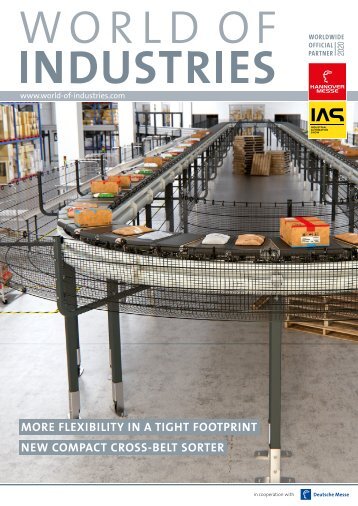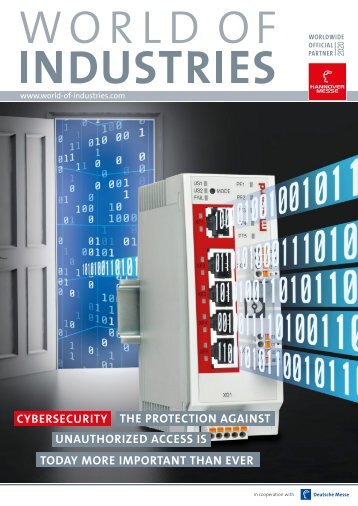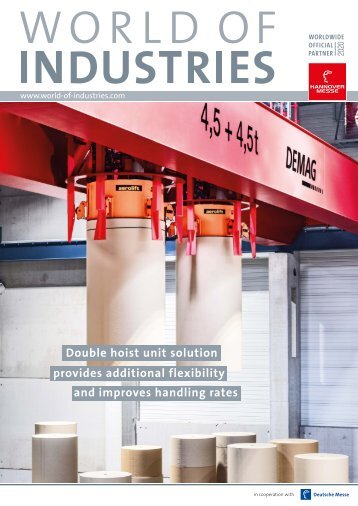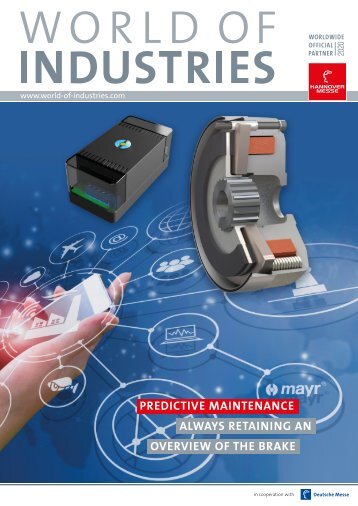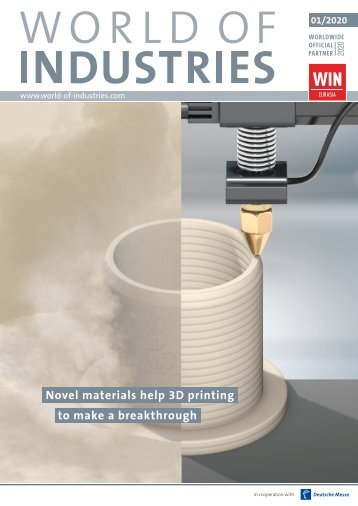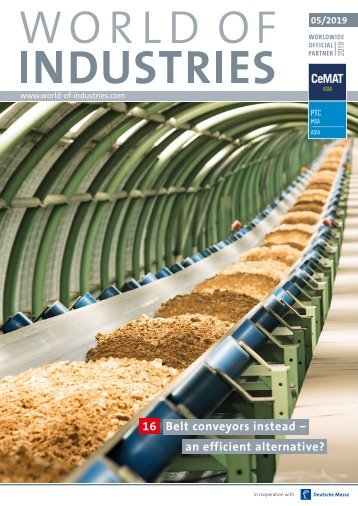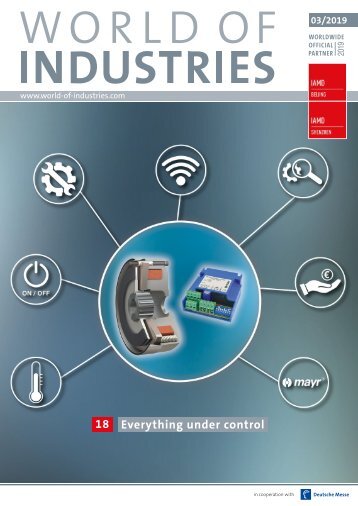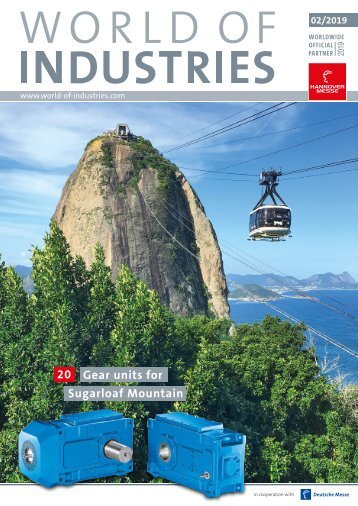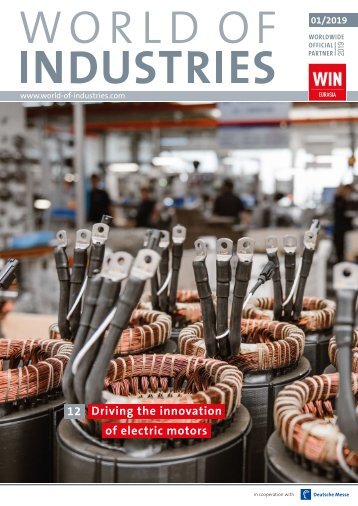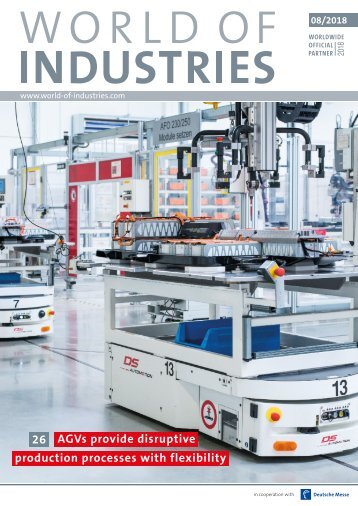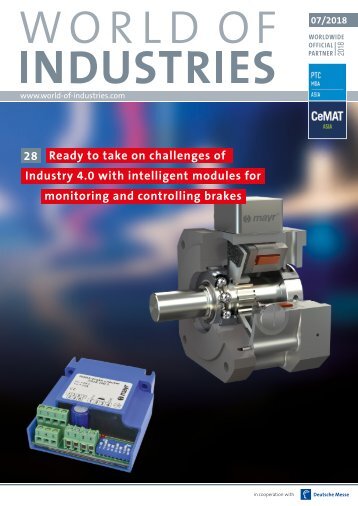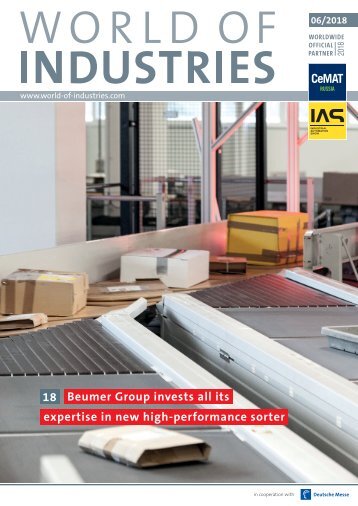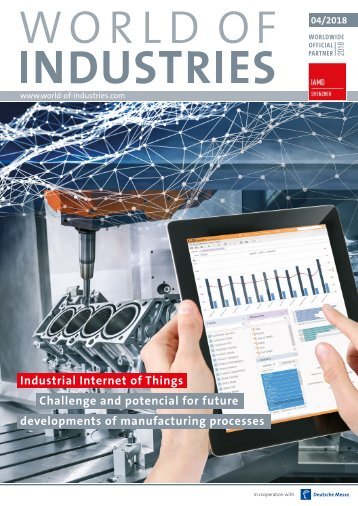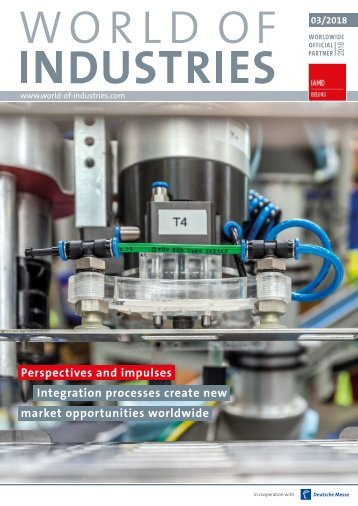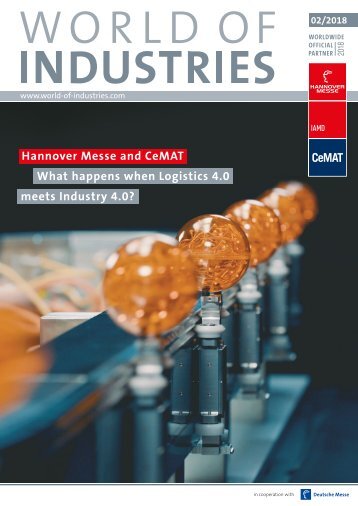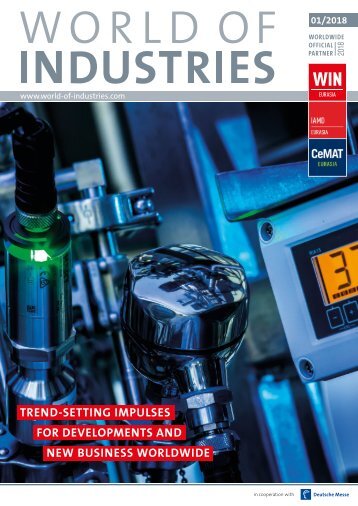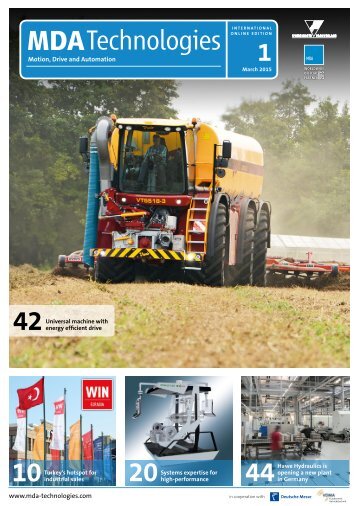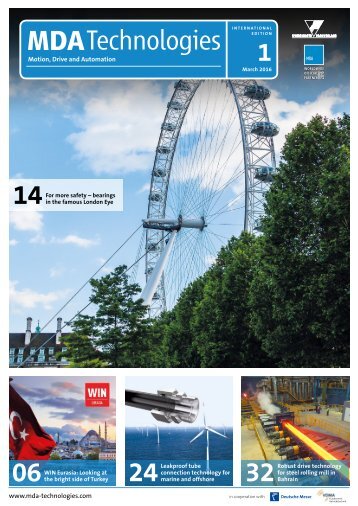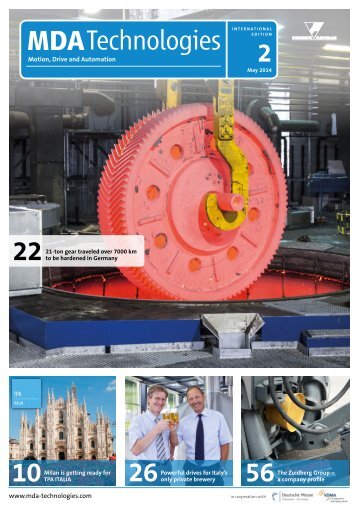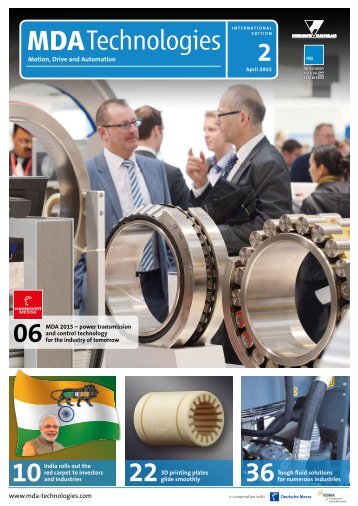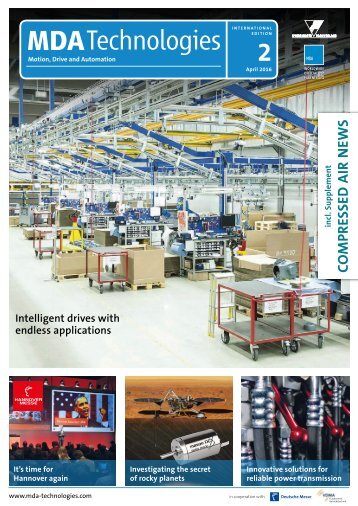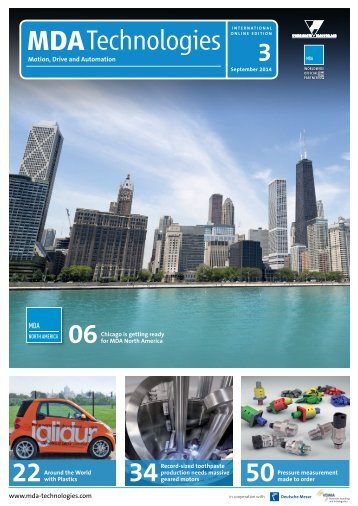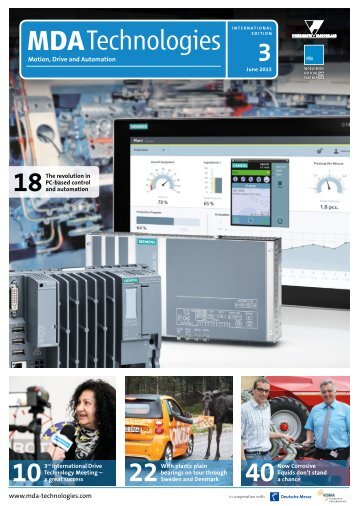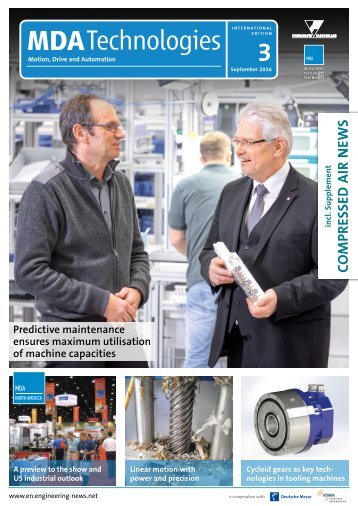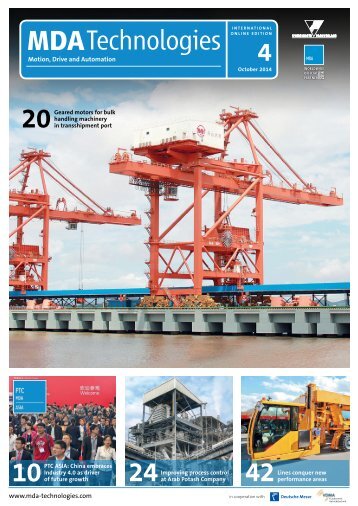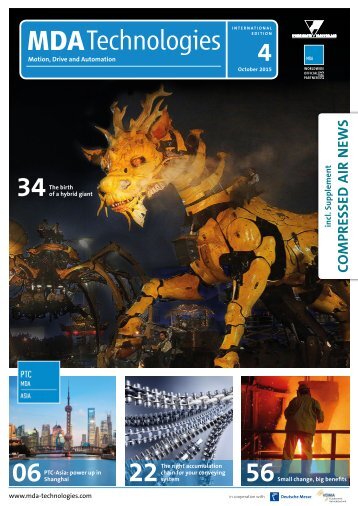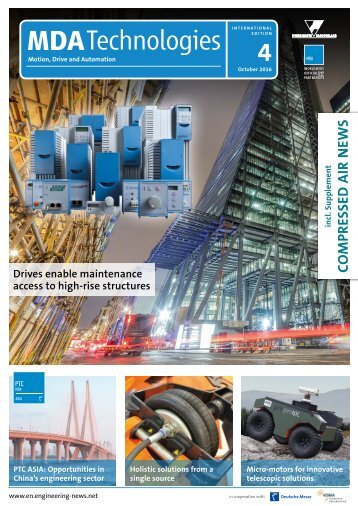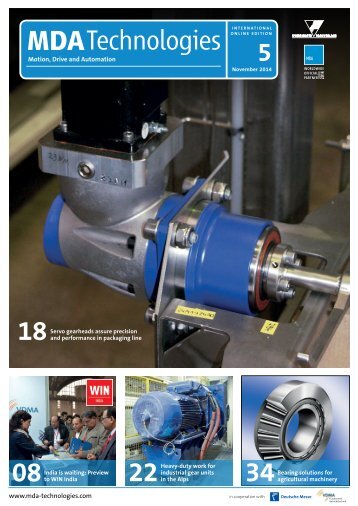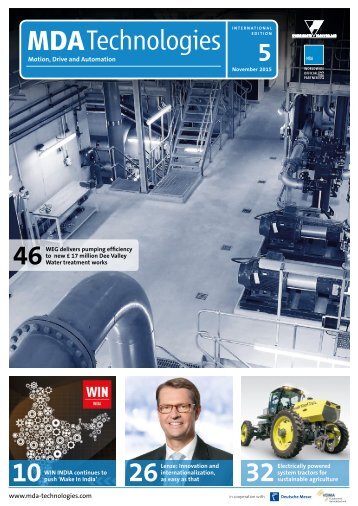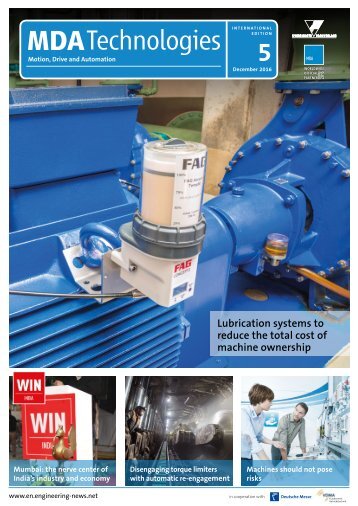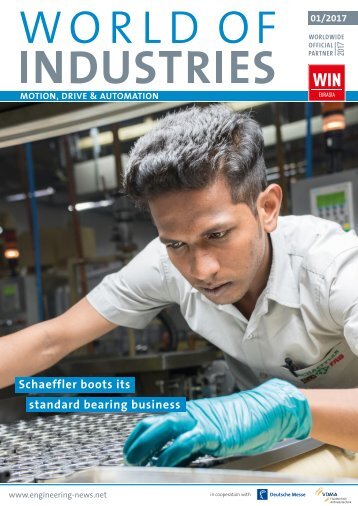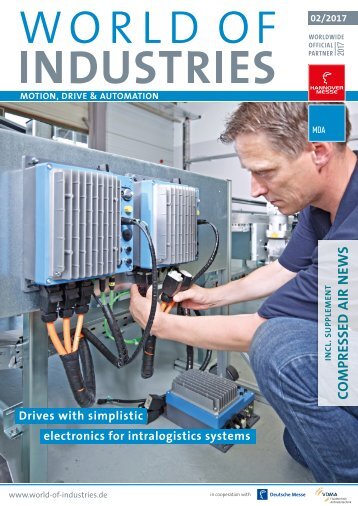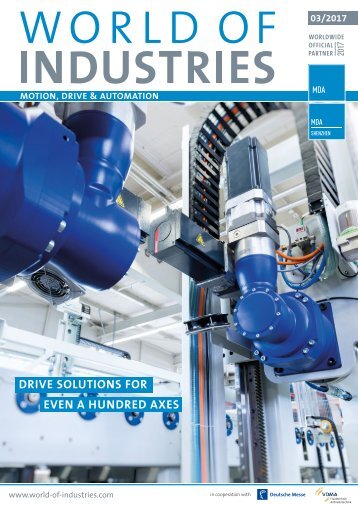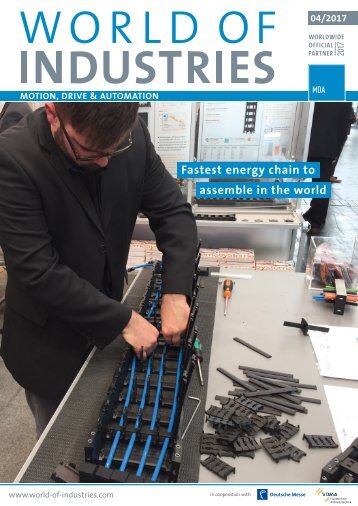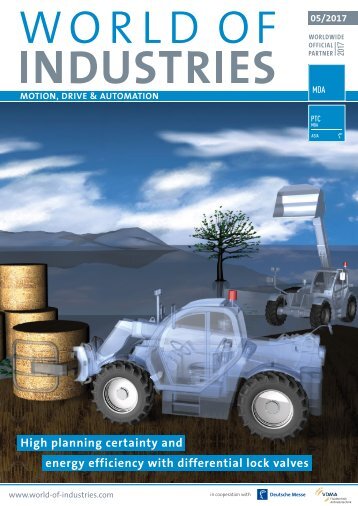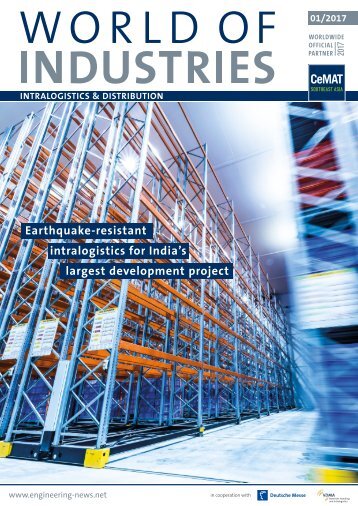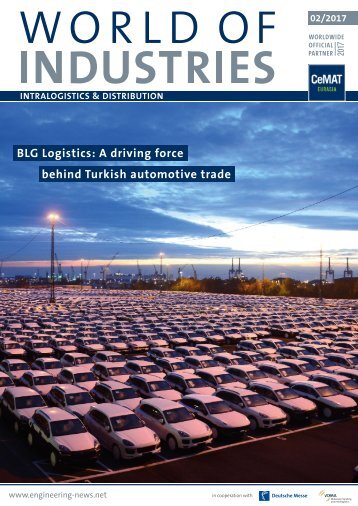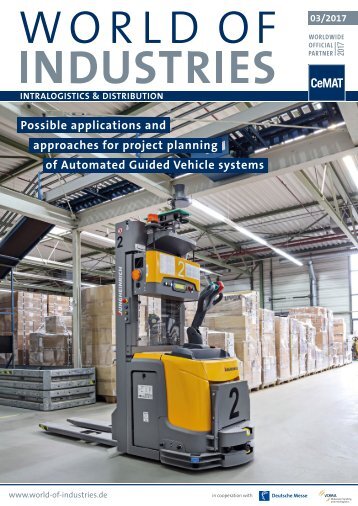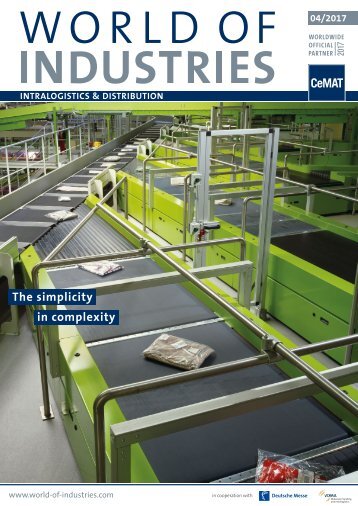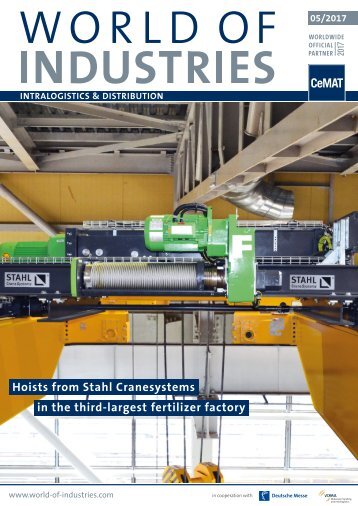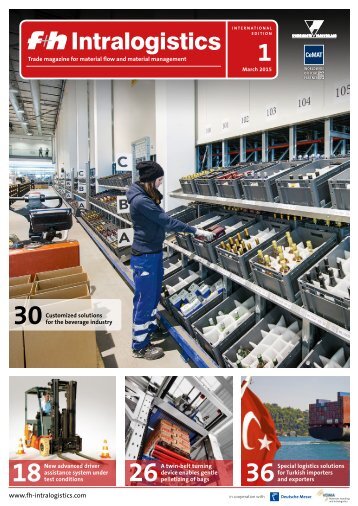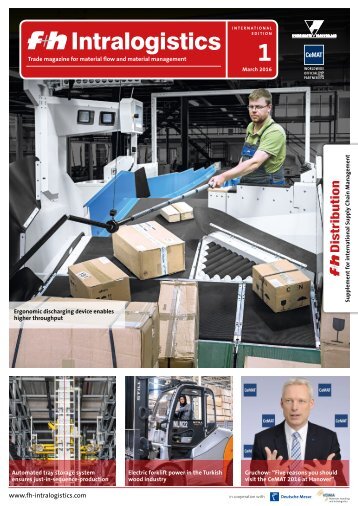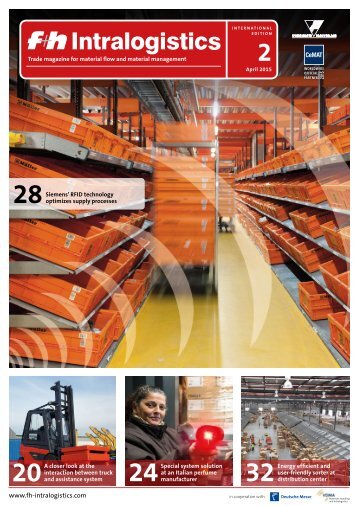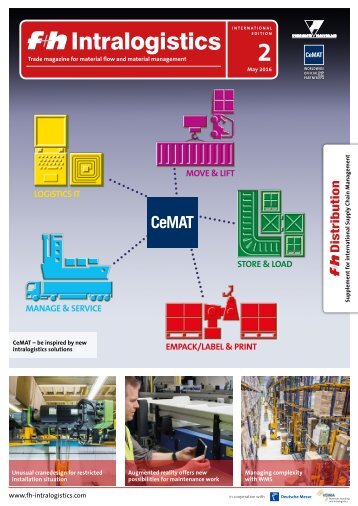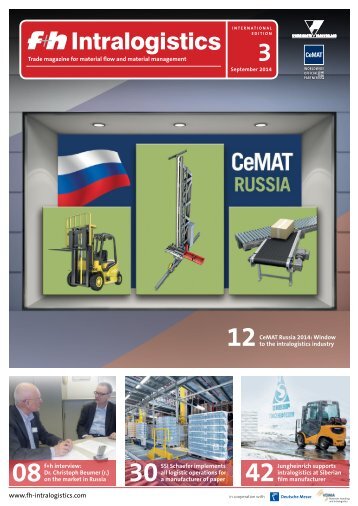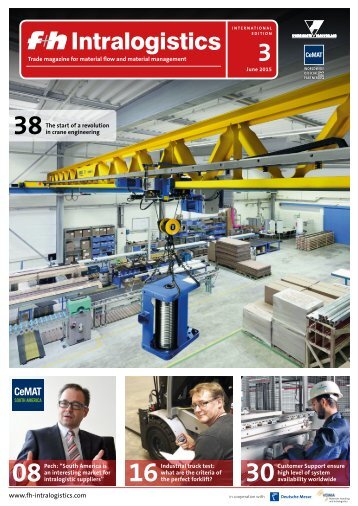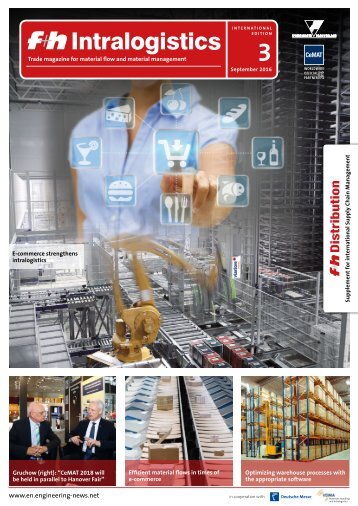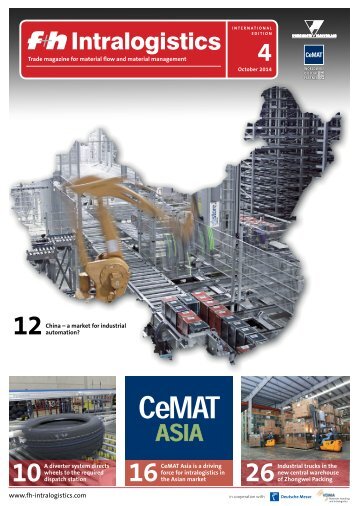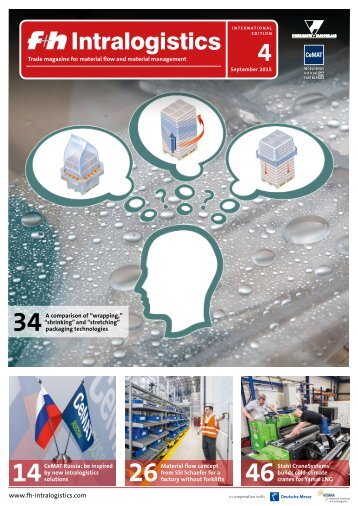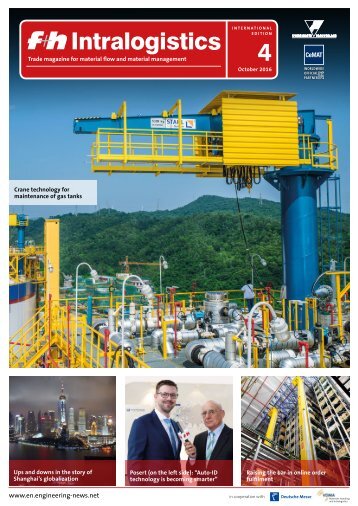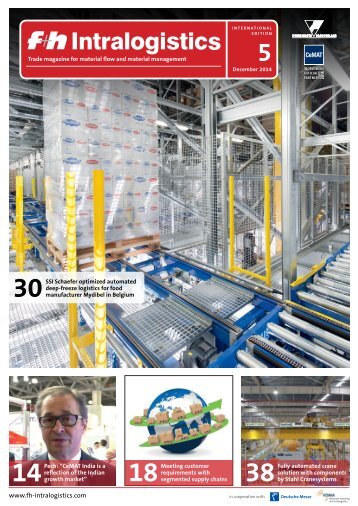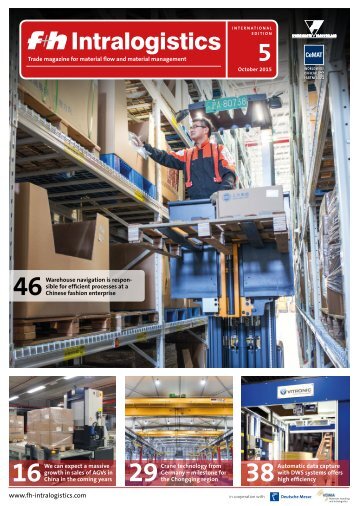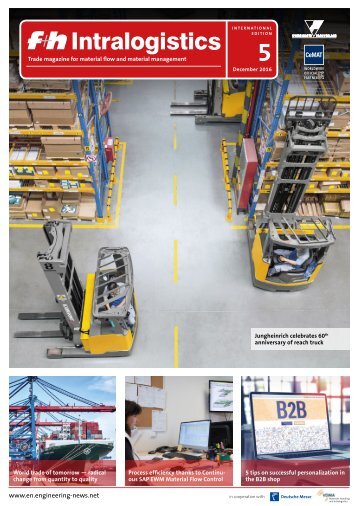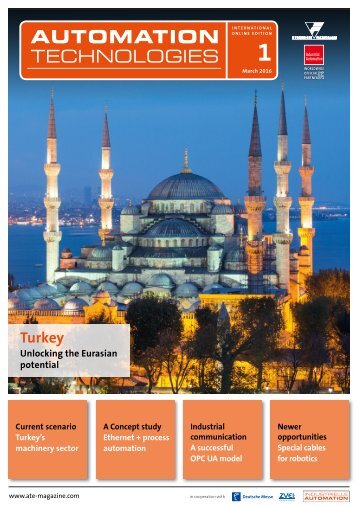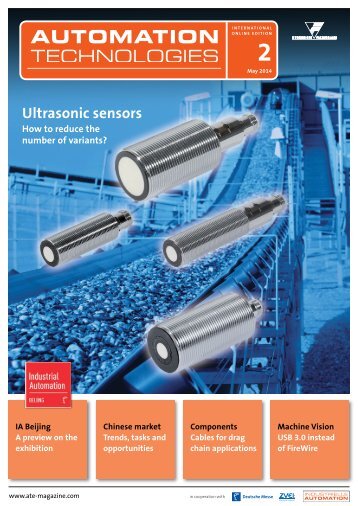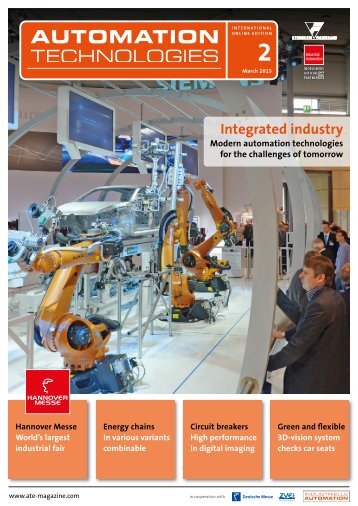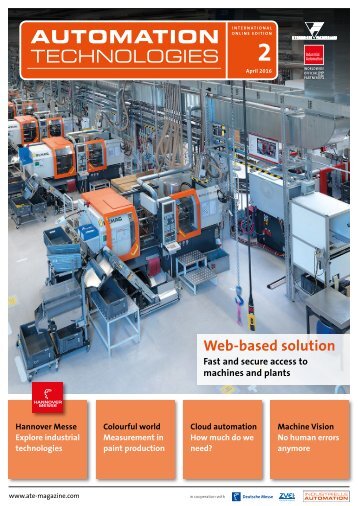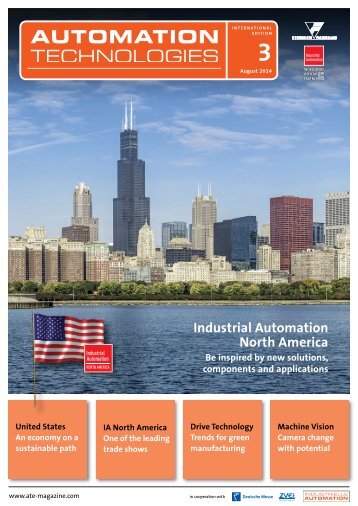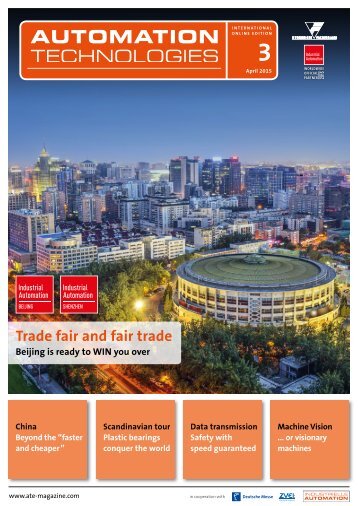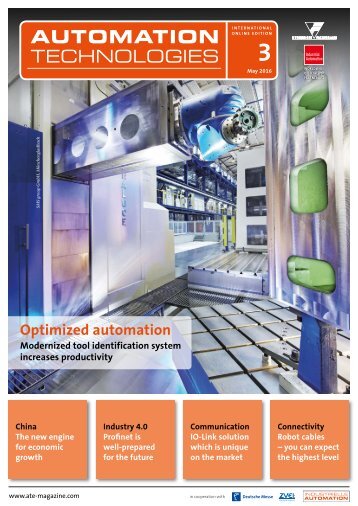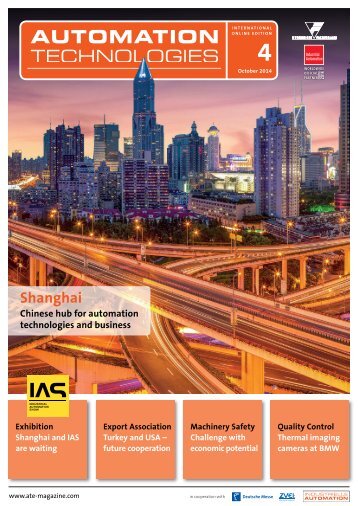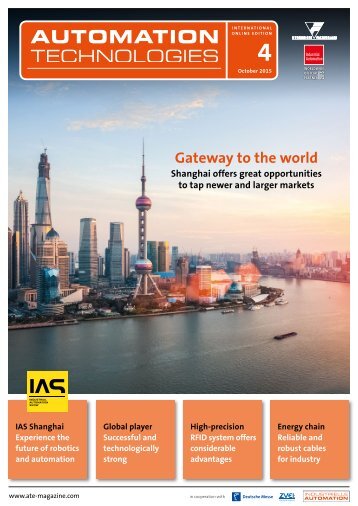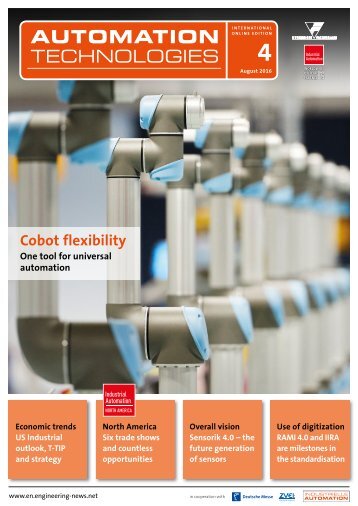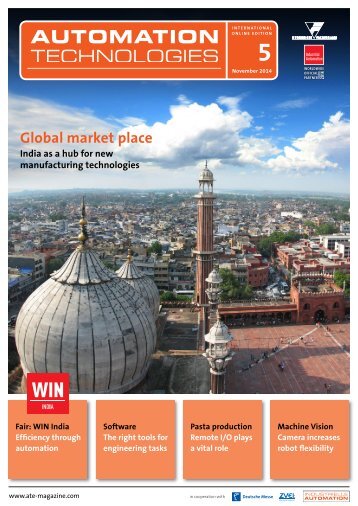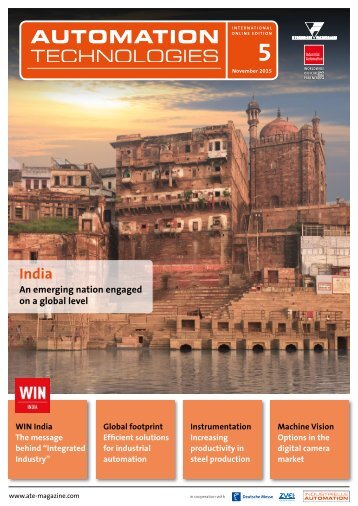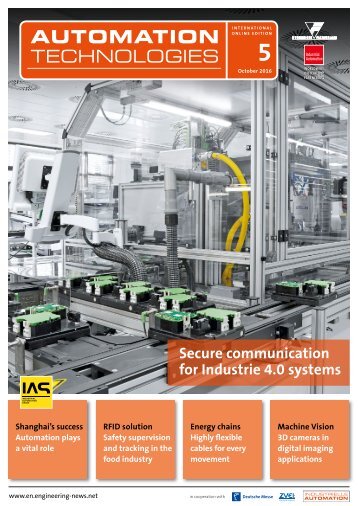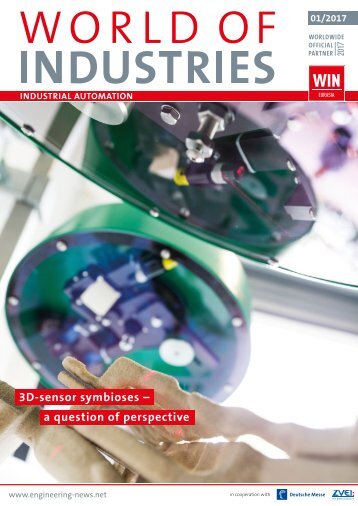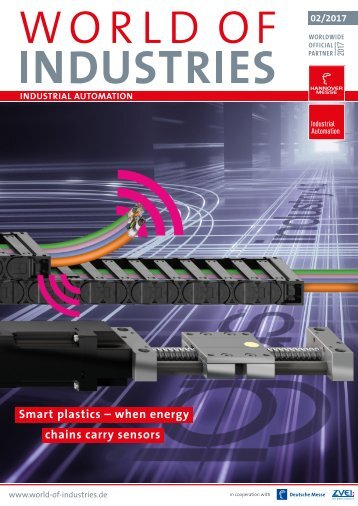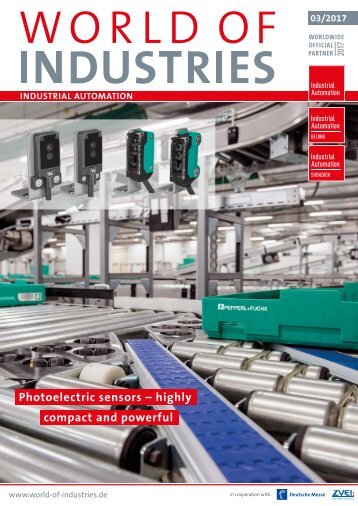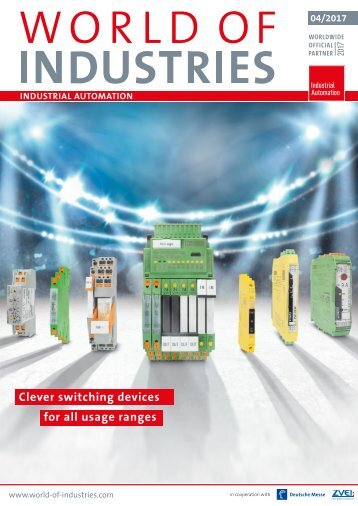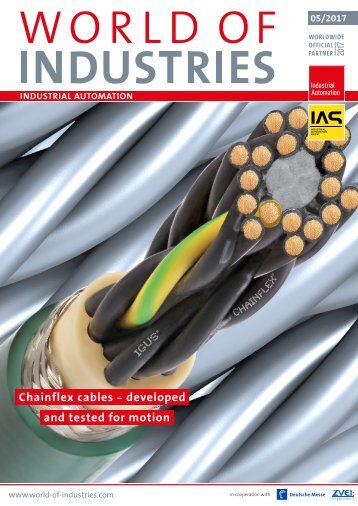f+h Intralogistics 2/2016
- Text
- Fuh
- Intralogistics
Reversing roles A huge
Reversing roles A huge shed. Steel sheet on top of steel sheet. The issue of steel logistics looks simple at first sight − But this impression is completely wrong. The weight of 10,000 elephant bulls: about 50,000 tones of steel are stored at Imperial Logistics International’s steel center in Wolfsburg, Germany. Spread over a period of twelve months, this means that Imperial Logistics International stores and processes about 1.3 million tones there. The steel coils and steel sheets are not half as tough as you might think. They like it warm and dry – an atmosphere provided by various infrared radiators hanging on the shed ceiling. In conjunction with a thin layer of oil, they prevent any white rust forming on the galvanized steel through condensation. This means that right at the start of the value-added chain, the foundation has been laid for the fact that today’s vehicles are less prone to rust than ever before. However, just controlling the temperature at the steel center operated by Imperial Logistics International is not enough. All the processes are specifically designed for the requirements of the companies producing and processing steel. As a result, both sides do not have to use costly warehouse space, which is usually scarce anyway. The steel center in Wolfsburg provides 22,000 m² of space in all. This enables Imperial Logistics International to keep enough material in stock in order to respond to short-term switches in production by the steel customers in a flexible manner and guarantee reliable supplies. There are even two emergency trucks available for extremely urgent requests and they can supply the pressing work nearby within half an hour. STEEL LOGISTICS
Systematic warehousing The coils and steel plates are transported to the pressing works operated by the OEM every four hours. The steel parts have usually already been cut to match the final dimensions of the future components. Depending on which vehicle models are being produced, between 600 and 1,000 different material types are used – these types of steel differ in terms of their material quality and thickness. The final dimension production therefore demands sophisticated processes and meticulous quality control procedures. A coil with any damage on its edges, for example, would be unusable. The checks on incoming goods therefore play an enormously important role. The employees at the steel center first check all the coils for any contamination and damage. The steel is also marked with a barcode, which is attached to the supplier’s delivery note. This barcode not only serves as a means of identification. Using the warehouse-management-system, a crane driver can request for example additional information when he scans the barcode. He then knows immediately, for instance, which storage area is earmarked for the quantities of steel – and particularly how they need to be stored. Soft, thin-walled material, for example, can only be stored in a single layer. A well-balanced system “Ever since the center has existed, the pressing works have never received an incorrect or clearly damaged steel part from us” Volker Behle, Site Manager at the steel center in Wolfsburg Particular care is required when transporting the steel. To ensure that the edges are not damaged, the coils are raised with electrical magnets. The warehouse-management-system becomes involved here too: it checks during every transfer operation whether the correct coil is hanging on the magnet. As a result, all the processes are traceable and the OEM and other customers can be certain that they obtain the material on order. Customers can even examine the current status, check stocks and place orders through a web interface. This is a convenient solution, which also keeps the steel supplier well informed: it is informed as soon as the goods are being transported. That is also the time for the customer to pay for the steel delivery. This has a clear advantage: it is able to reduce its capital tie-up in this way. Overall, outsourcing the steel logistics is a well-balanced system – for all those involved. Photo: Michael Neuhaus www.imperial-international.com About Imperial Logistics International As a wholly owned subsidiary of the South African company Imperial Holdings Limited, Imperial Logistics International is responsible for coordinating and managing all the international logistics business of Imperial Holdings Limited outside Africa. The varied portfolio of services at Imperial Logistics International, which has its headquarters in Duisburg, is separated into two divisions: the Group pools all its transport services in the Shipping, Road and Intermodal business units in the Imperial Transport Solutions division. The Imperial Supply Chain Solutions division covers all the services in the contract logistics, contract manufacturing and warehousing sectors for the Automotive, Machinery & Equipment, Steel, Retail & Consumer Goods and Chemicals business units. f+h Distribution 2/2016
- Page 1: Intralogistics Trade magazine for m
- Page 4 and 5: News and information from the entir
- Page 6 and 7: 1 2 WORLDWIDE NEWS f+h Intralogisti
- Page 8 and 9: Compact crane for Kurtz - Wire rope
- Page 10 and 11: Beumer Group develops smart mainten
- Page 12 and 13: Retrofit without any production los
- Page 14 and 15: WAREHOUSING Optimizing processes We
- Page 16 and 17: Primed for further growth: Niemann+
- Page 18 and 19: 02 Frontal view of the additonal th
- Page 20 and 21: Yale donates the 400,000th produced
- Page 22 and 23: Consumer goods manufacturer relies
- Page 24 and 25: CeMAT 2016 - The focus will be auto
- Page 26 and 27: 01 02 TRADE FAIR CEMAT 2016 New “
- Page 28 and 29: 5 Innovations you definitely should
- Page 30 and 31: Fairground map TRADE FAIR CEMAT 201
- Page 32 and 33: GUEST COMMENTARY Understanding risk
- Page 36 and 37: Cost optimization in the returns ne
- Page 38 and 39: The ten most high capacity airports
- Page 40 and 41: Ranking 1 Frankfurt on Main (German
- Page 42 and 43: Islamic Republic of Iran: Facts and
- Page 44: Turn-Key Quick Die Change Solutions
Inappropriate
Loading...
Mail this publication
Loading...
Embed
Loading...

